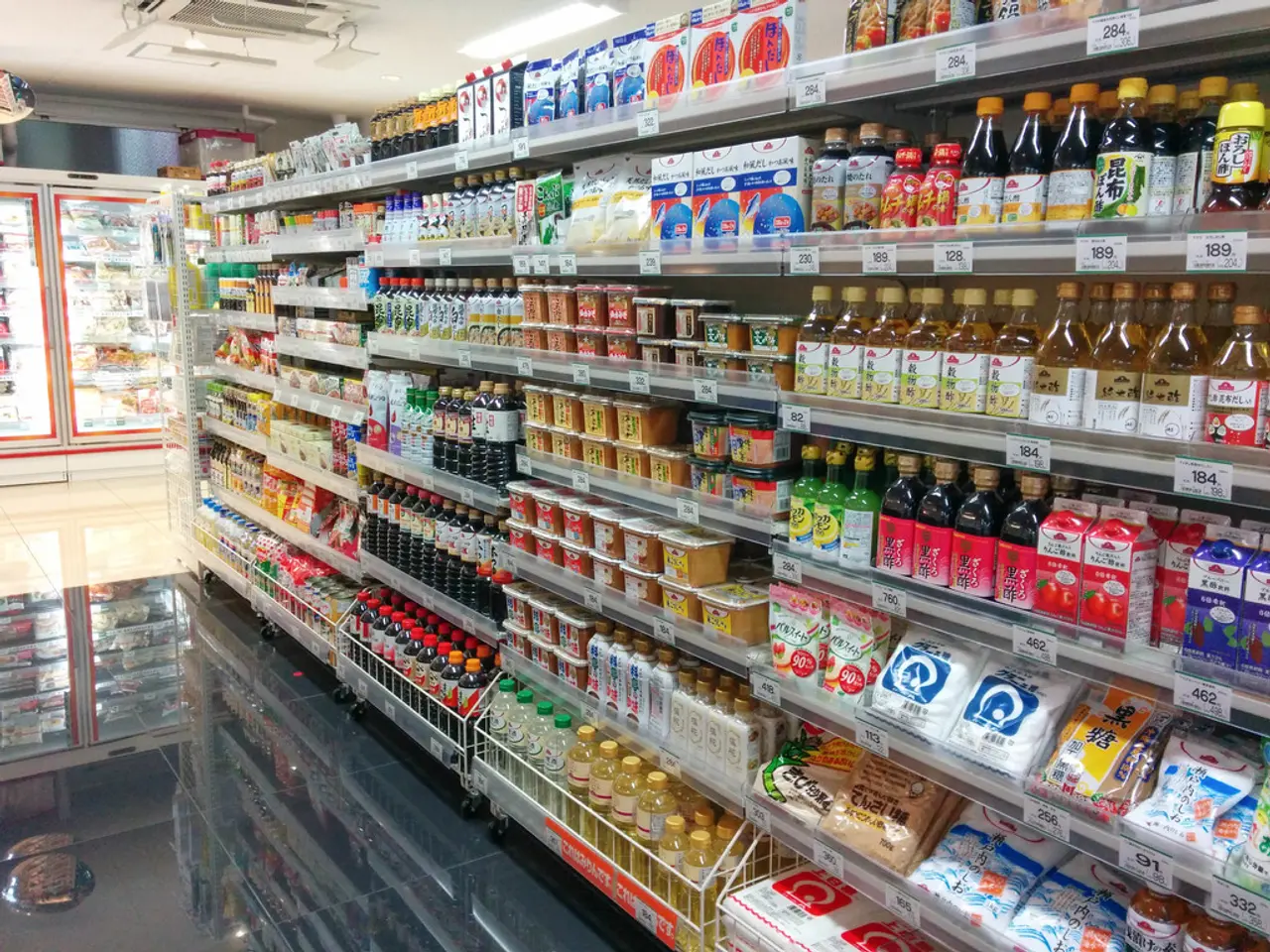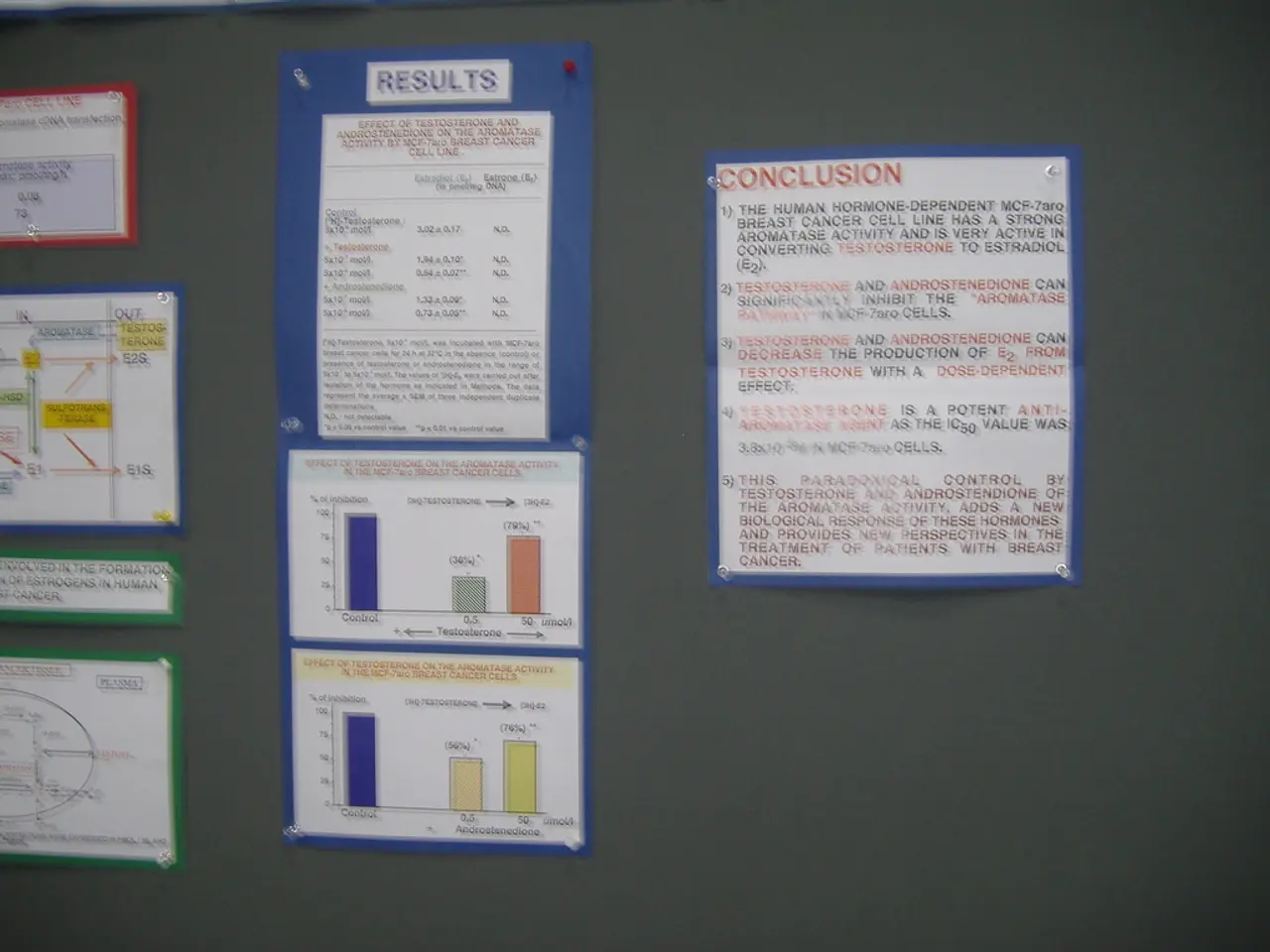Extreme heat causes SNCF to cancel numerous trains
Train Cancellations Due to Heatwave and Aging Infrastructure
Trains from Paris to Toulouse and Bordeaux to Marseille are facing cancellations due to the intense heatwave currently affecting southern France, causing concerns with air conditioning failures on older train models, particularly Corail trains.
The heatwave, with temperatures exceeding 40°C (104°F), is straining train cooling systems, putting a strain on the already aging infrastructure of the Corail trains. SNCF, the French national railway company, has cited potential failures in air conditioning in these older trains as the reason for the cancellations.
The Corail trains, introduced several decades ago, are becoming increasingly obsolete in terms of passenger comfort, energy efficiency, and technological standards. Their air-conditioning systems are less robust compared to modern trains, making them vulnerable during heatwaves. The aging fleet also increases operational risks and maintenance costs.
In an effort to address the obsolescence issue, SNCF and French rail authorities are progressively replacing the Corail trains with newer, modern trainsets that offer better climate control, energy efficiency, and reliability. This modernization aims to improve resilience against extreme weather events exacerbated by climate change and enhance passenger experience.
In the interim, SNCF manages service disruptions by canceling runs where air conditioning cannot be guaranteed to work properly during heatwaves. Customers are notified if their train is canceled and can exchange their tickets for free or be refunded.
The Bordeaux-Marseille and Paris-Clermont-Ferrand routes are also affected by train cancellations, with several trains to Limoges and Toulouse expected to be canceled starting from Saturday, August 9. Another traveler at Austerlitz station emphasized the importance of air conditioning to prevent dehydration.
Arnaud Aymé, a transport specialist at SIA, explained that the old carriages have a higher probability of breaking down, especially with air conditioning failures. The cancellations are due to the unreliable air conditioning systems of Corail trains, which are from the 1980s.
As the heatwave continues, passengers are advised to check their train schedules and plan accordingly to avoid any inconvenience. The modernization of the train fleet is expected to be completed in the coming years, ensuring a more comfortable and reliable travel experience for all.
[1] Le Parisien, "Les trains Corail sont à l'origine des annulations de trains", 7 August 2023. [2] SNCF, "Entretien avec la direction de SNCF sur les annulations de trains", 8 August 2023. [3] France Info, "La chaleur et les trains : les annulations de Corail", 9 August 2023.
- Despite the ongoing modernization of the train fleet, older Corail trains remain vulnerable during heatwaves, as their air-conditioning systems are less robust compared to modern trains.
- The financial burden of maintaining an aging infrastructure, such as the Corail trains, increases operational risks and maintenance costs, which can have an impact on the overall financial health of the industry.
- The heatwave's impact on public transit coupled with the seasonal rise in tourism highlights the urgent need for environmental-science research and sustainable approaches to address climate change in the transportation sector.
- Incorporating energy-efficient technologies and environmental-science principles into transportation systems, like train networks, could lead to cost savings in the long run by reducing energy consumption and maintenance costs, ultimately benefiting both passengers and the industry.




